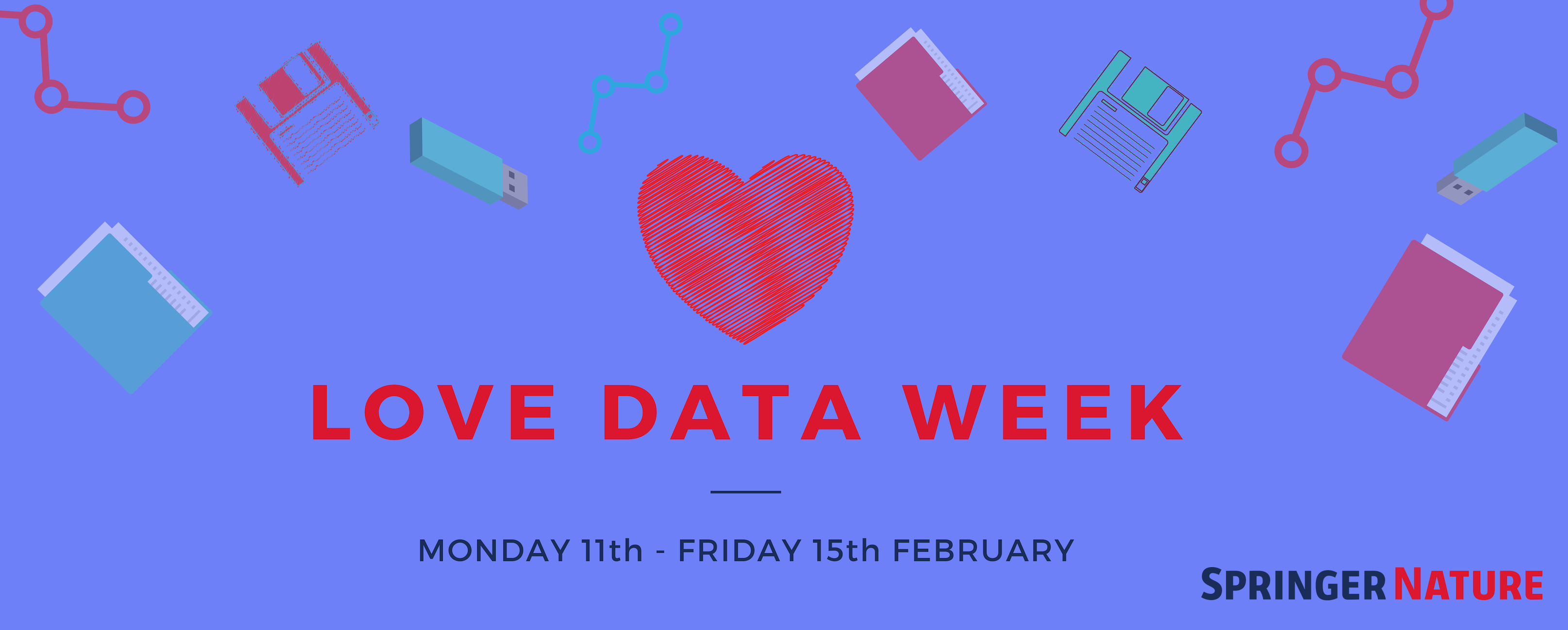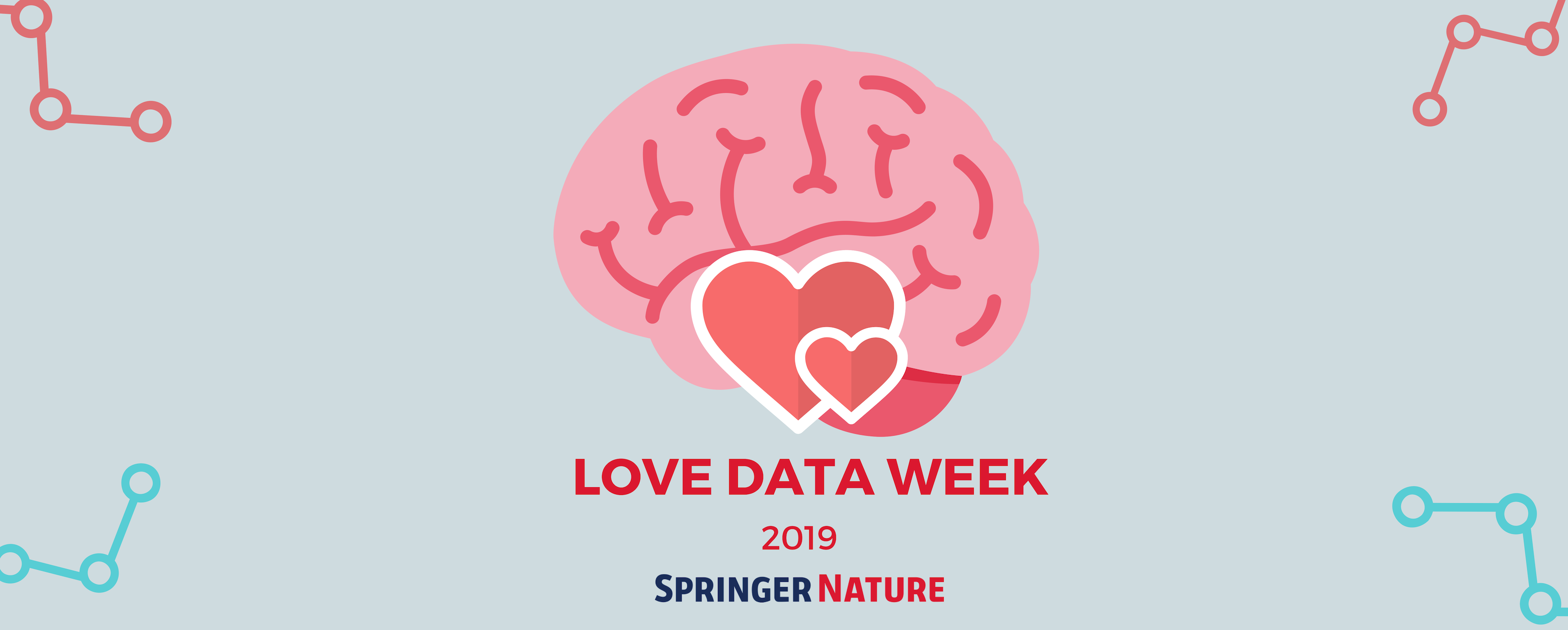Let’s be Open about Data Sharing
We’re recognizing Love Data Week (February 11-15) and this year’s theme is ‘data in everyday life.’ We’ve asked several researchers who participated in our Better Science Through Better Data event to reflect on the importance of data sharing in their own lives. We’ll be sharing their stories all week so keep checking back! Written by Claudia Wolff In November 2018, I was invited to give a lightning talk at the #scidata18 conference. My first open data conference ever. This invitation made me start thinking about my personal perspective of data sharing from an early career researcher point of view; what it … Read more…





